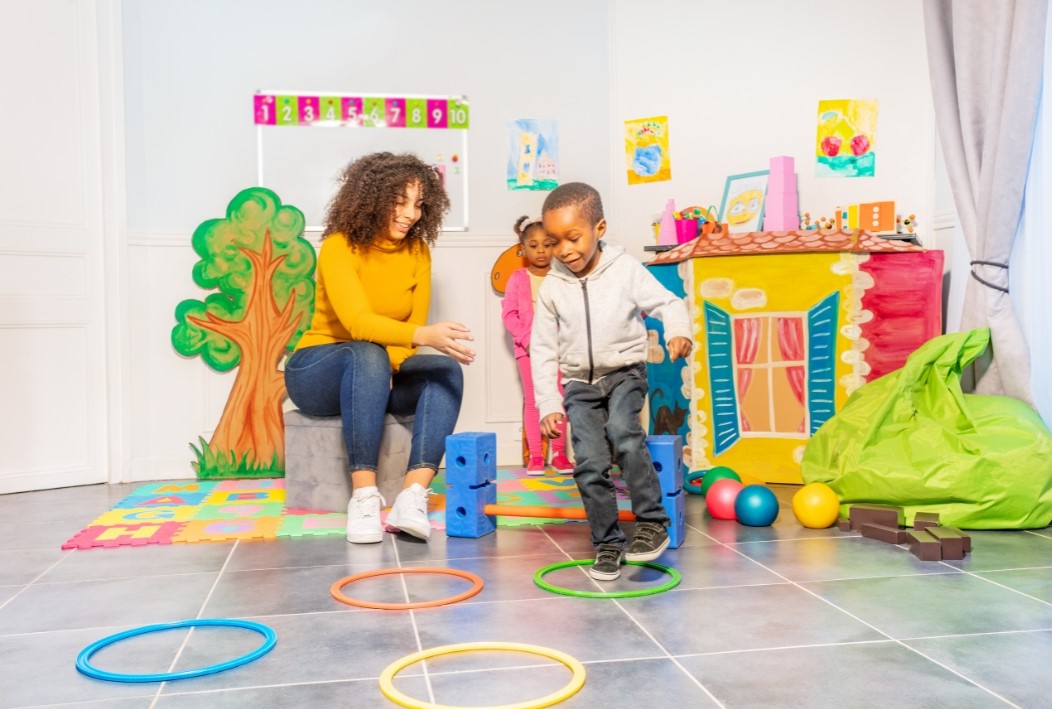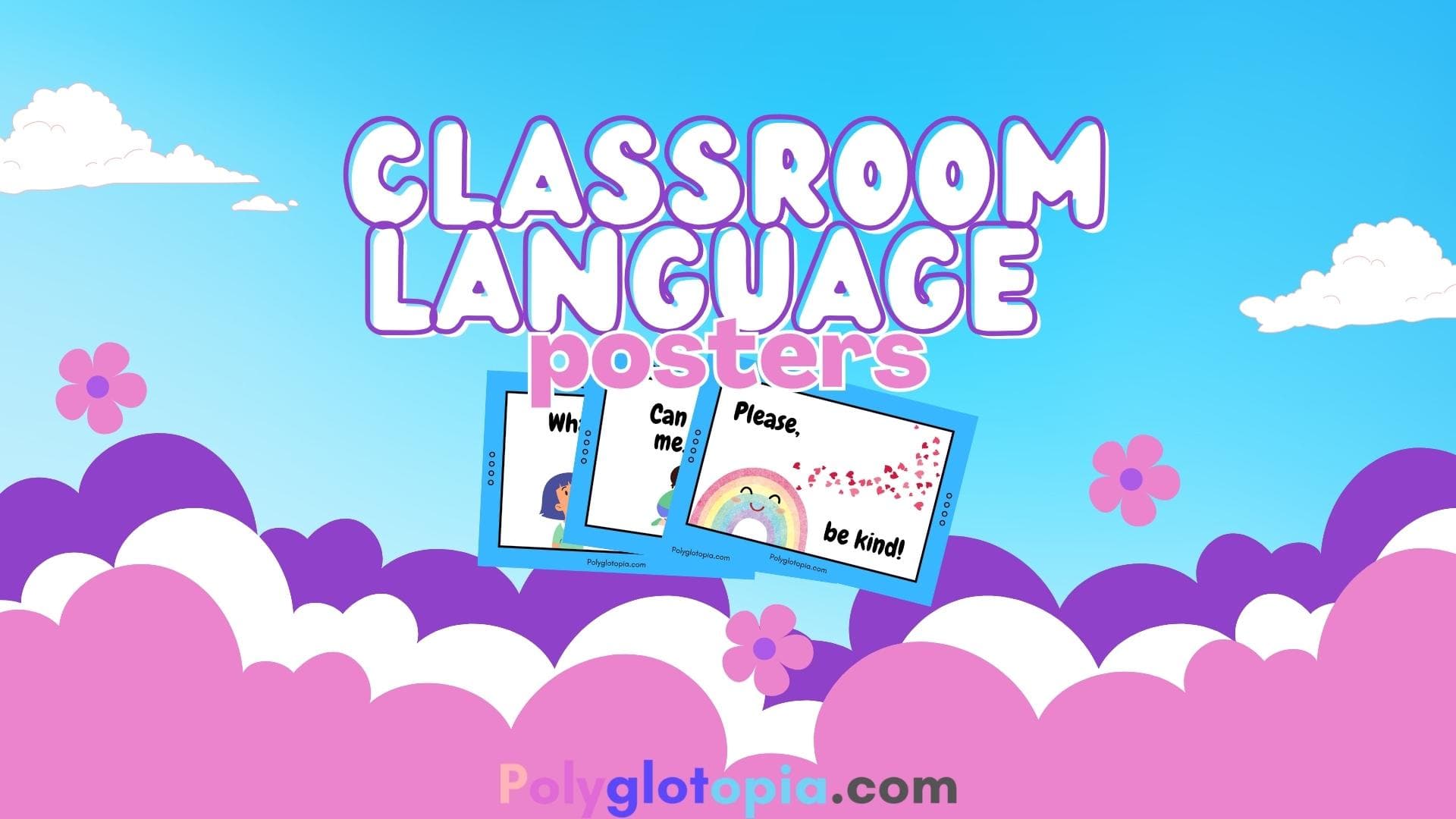Teaching English to very young learners (3-5 years old) can be challenging, especially for new teachers. If you are looking for classroom management tips for these groups, this is where to start. Below you can find our list with useful classroom management tips:
Golden rule: Establish routines
These could be songs, activities or tasks that you repeat in every single lesson. Kids need to know what they will be doing during the lesson and in what order. That will help the transitions (when often control is lost) from one activity/game to another. The first weeks with a new class are usually the most challenging, but once routines are set, students will feel comfortable, safe and confident as they will know exactly how the lesson evolves and when it is time to go home.
Learn their names as soon as possible.
You don’t want to be chasing little Maria around the class and shouting “Hey you!” “Please be quiet!”. Nobody is going to understand what you are saying and Maria will keep being running around happily.


Be well prepared.
You need to have everything prepared before the lesson so that all your attention is focused on the kids. When teaching very young learners, the lesson is fast paced and more teacher centred compared to teaching older kids and teens. You won’t have time to cut things or print worksheets during the lesson, as they kids will get bored, lose concentration or become upset.
Gamify.
Present and revise the vocabulary through games i.e “Simon says”, “What´s missing. But: avoid competition, make sure everybody wins (they might get angry if they lose). Try different games and make a list with the ones they like. Then you can just repeat them in every lesson but with different content.

Change activities every 5-10 min or when needed.
Very young learners have a short attention span, so they might not be able to concentrate on the same activity for more than 10 minutes. If an activity is not working, change it before the class turns into a chaos. Students tend to misbehave when they have to do a very long/difficult activity, when they don´t understand or when something is too easy for them.

Make sure they know the rules and the consequences.
The limits should be as clear as possible. You could repeat the rules at the beginning of each lesson if you struggle a lot with a group. It is crucial to be consistent with the consequences of bad behaviour, otherwise the little ones can become very upset. In general, try to be positive, awarding them for good behaviour as much as you can. You could try establishing a reward system, so as to gamify the process of learning good behaviour. It could be as simple as moving their names up and down on a poster, depending on the rules you set. Remember that apart from English, you are teaching them good behaviour so it will take some time for them to adjust to the rules and the routines.

Have a private chat.
If a student constantly misbehaves, you could have a private chat with them during class instead of talking about them while everybody is listening. Be patient and explain why what they did is wrong (I do this in their mother tongue but many schools don´t allow it so it depends on the policy).
Ask your colleagues for ideas and information.
Especially the kindergarten teachers! The children should be used to a specific routine i.e circle time, cleaning up, going to the toilet. Rather than changing it, you could follow through with what they already know how to do, only in English! Your colleagues might even know the students or the parents already, they might be able to give you helpful information.

Remember: Don´t take things personally. Kids will tell you they are bored or that they hate English when they are angry but a moment later, they might tell you the opposite. Don´t lose your temper and never shout at them unless it´s for an emergency/safety reason.
What if nothing works? If a kid constantly misbehaves, even after trying all these steps, parents need to be informed. Depending on your school policy, your director or you could meet with the parents, discuss with them and try to find a solution.
Not every day will be perfect but it will for sure get better after a month or so because it will give them the time to get used to the new environment/teacher. Very young learners can be really funny to teach and it’s very rewarding where you hear them using English! Good luck!



